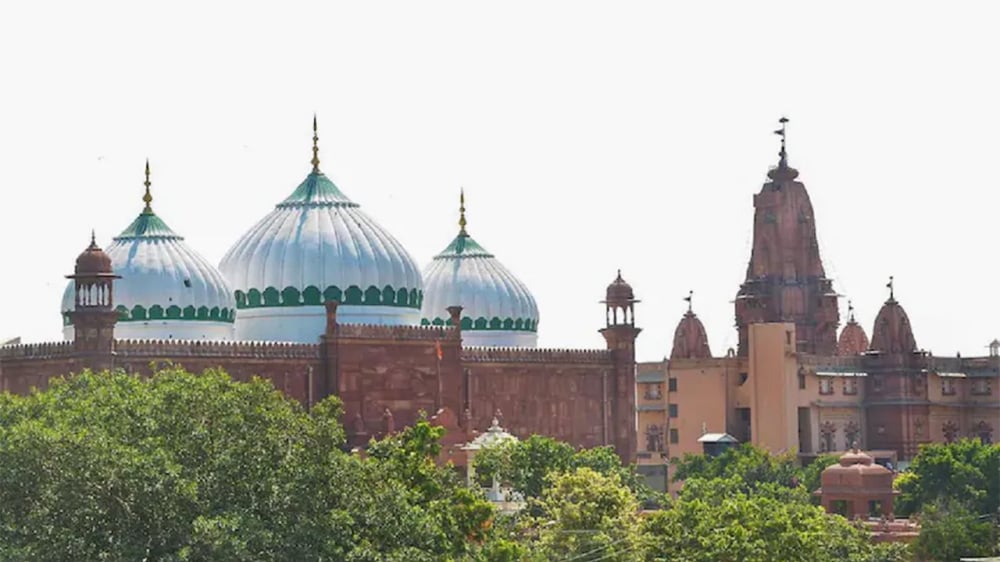
In the Krishna Janmabhoomi and Shahi Idgah Mosque dispute of Mathura, Allahabad High Court has given a shock to the Muslim side. Allahabad High Court rejected the petition of the Muslim side. While the petition of the Hindu side has been considered correct. The court has justified the hearing on the petition of the Hindu side. The single bench of Justice Mayank Kumar Jain has given this decision in favor of the temple. Now the case will go on.
The petition of the Hindu party was accepted
It is noteworthy that in this case, the Hindu side has filed 18 petitions and has considered the land of Shahi Idgah Mosque as the property of Hindus. Along with this, the Hindu side also demanded the right to worship there. After the petition of the Hindu side, the Muslim side demanded the dismissal of the petition of the Hindu side citing the Places of Worship Act, Waqf Act, Delimitation Act and Specific Possession Relief Act. But the Allahabad High Court has rejected the petition of the Muslim side. That is, now 18 petitions of the Hindu side will be heard together in the Allahabad High Court.
Let us tell you that when this case was heard on 6 June, the High Court had reserved the decision. Against the 18 applications of the Hindu side, the Muslim side appealed to dismiss the applications under Order 7 and Rule 11, questioning the maintainability of these applications.
What argument did the Hindu parties give?
- The entire two and half acre area of Idgah is the sanctum sanctorum of Lord Krishna.
- Shahi Idgah Mosque Committee does not have any such record of land.
- Shahi Idgah Mosque has been built by demolishing Shri Krishna Temple.
- Without any ownership rights, the Waqf Board has declared this land as Waqf property without any process.
What argument did the Muslim parties give?
- The Muslim parties argue that an agreement was reached between the two parties on this land in 1968. It is not right to call a contract wrong after 60 years. Therefore, the case is not worth pursuing.
- The case is also not maintainable under the Places of Worship Act, 1991.
- The identity and form of the religious place will remain the same as it was on 15 August 1947. That is, its nature cannot be changed.
 look news india
look news india